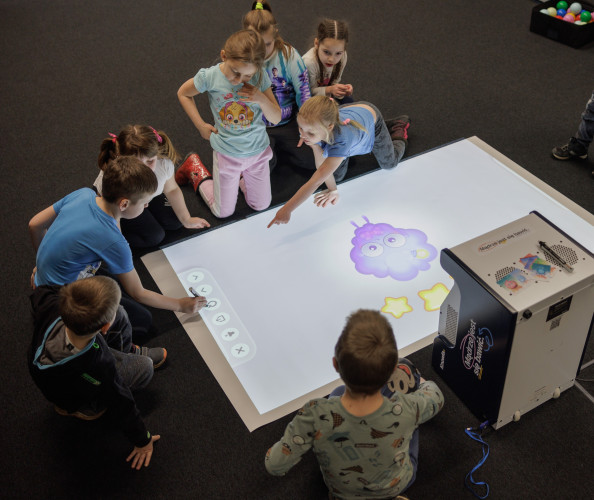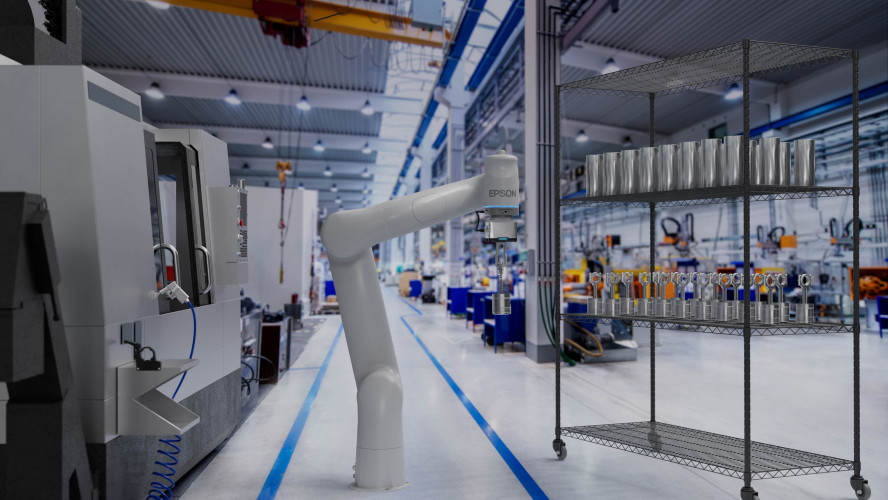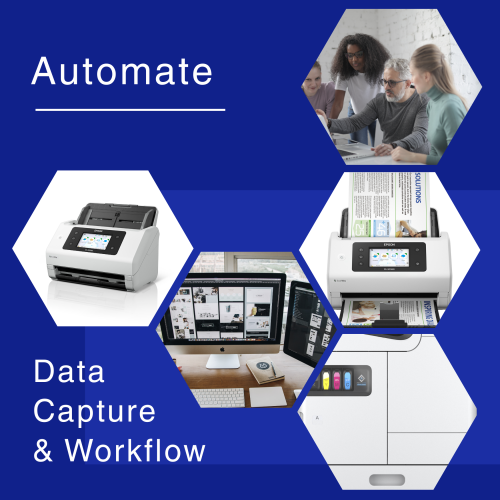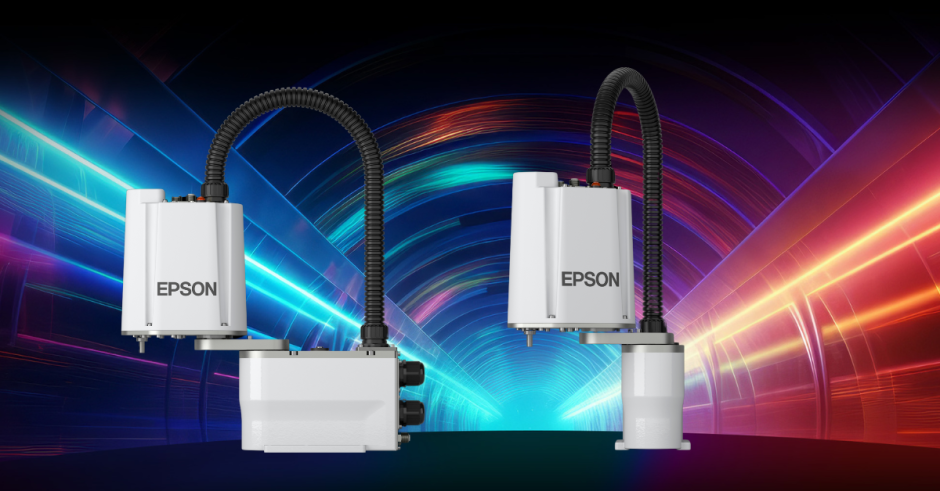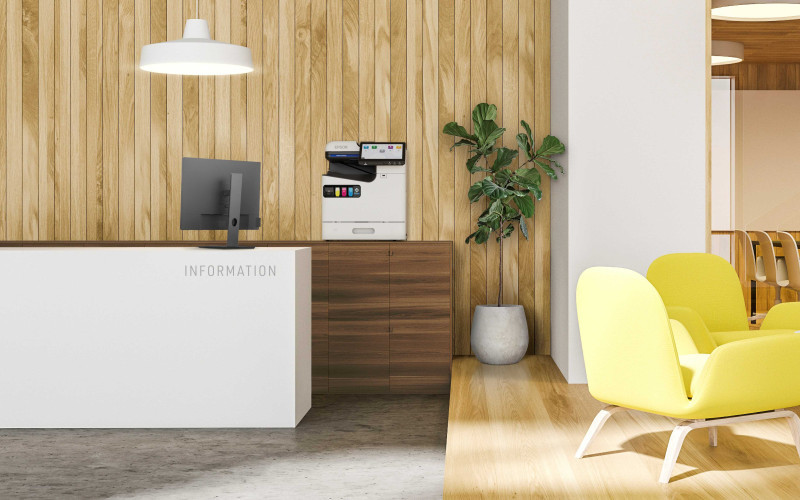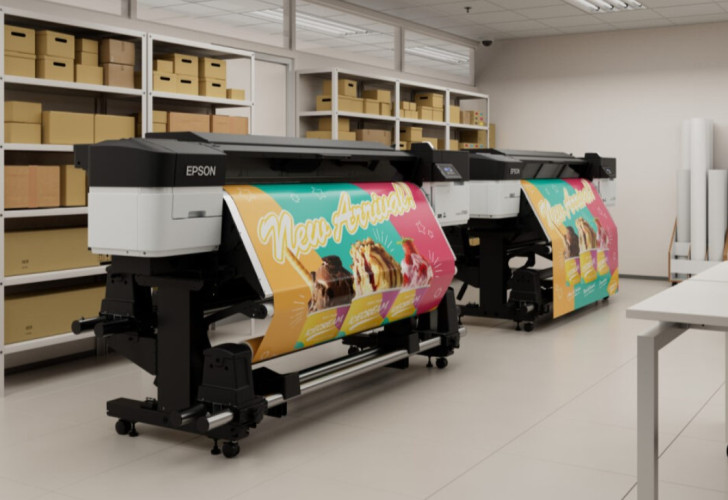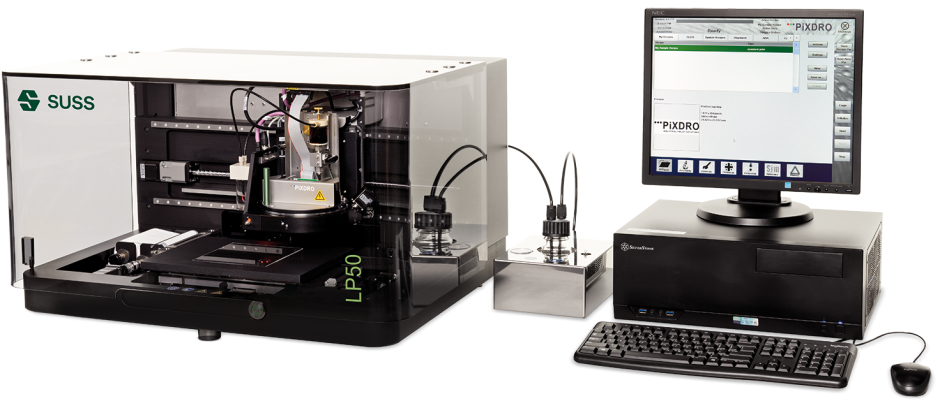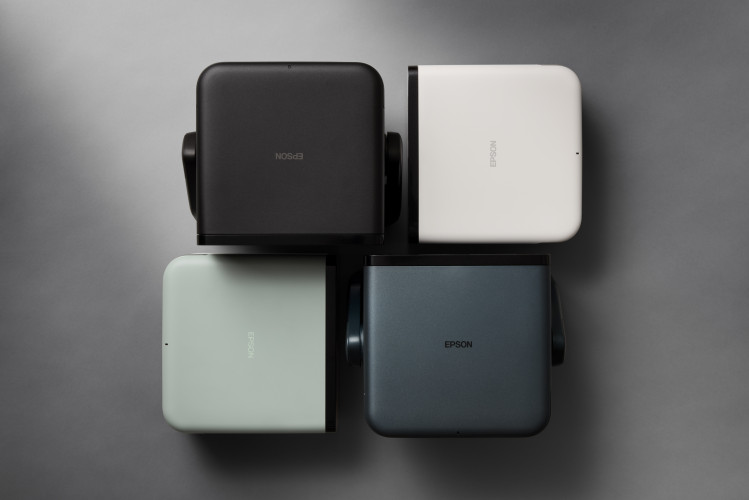Retail will be ultra-personal by 2025, according to new European research
Technology is set to revolutionise the future of retail with wearables, augmented reality (AR) and big data significant drivers of a more personalised shopping experience both online and instore, according to new European research. In fact, when asked, 72% of Europeans currently working in retail agree that it will become more personal, with retail staff facilitating better experiences, testament to the role of bricks-and-mortar high streets.
Yet while almost half (49%) accept that big data will have a positive impact on the industry, 42% believe customers will not trade data privacy for a more personal and tailored shopping experience (with the number rising to 64% for those aged 50 years plus, and only 50% for millennials, 18-26 years old), raising important questions about the relationship between retailers and their customers. This is a key factor that must be addressed if retailers are to realise the full opportunity of technology.
The research, which tested the acceptance of insights from 17 global industry experts among more than 7,000 full-time employees in Europe, including 1,100 working in the retail sector, found that of those in retail, 73% stated personal devices will increasingly be the link between customers and stores. The role of the physical store is also set to expand, with less than a third of respondents believing a future without the high street is plausible, with an estimated average of 56% of purchasing decisions expected to be made there by 2025.
However, there are likely to be big changes to the physical store, as we know it, in addition to aspects such as automatic identification to provide an ultra-personalised shopping experience, as expected by 72% of respondents. Furthermore, 46% also anticipate that stores will no longer hold stock; but will leverage augmented reality to provide a personalised service and recommendations (63%), producing customised products onsite on demand.
“Retail is a fast-moving industry and consumers can sometimes find it hard to keep up,” says Epson Global President, Mr. Minoru Usui. “But the future of retail is going to be one where consumers play an increasing role, not only in consumption of, but also in the production of goods. We are entering an era where goods can be seen, processed and produced (at home or in-store) by an individual, which will likely leave brands as the providers of licenses rather than the goods themselves.”
But this positive outlook for retail is only possible if some specific hurdles are overcome, including the cost of implementing new technologies (63% of respondents think this will be a challenge) and training for employees (40% agree that a lack here will have a consequence).
Key trends highlighted by the research include:
-
Rise of the augmented shopper: Respondents agree that augmented reality will be the retail game-changer where 69% agree that the simulation of products in any environment (home, work, in-store) will help customers envisage their tailored usage and AR will provide a unique customer sensory experience. At the same time, 57% agree that it will provide a social and fun shopping experience, creating a sense of community around the brand.
-
Zero queuing time: As the point-of-sale function evolves, queuing time in stores will be eliminated, agree 45% of respondents. Automatic identification of customers in stores will support an ultra-personalised experience and this personalised service will be ultra-fast with 53% agreeing that transactions will be automatic thanks to debit sensors.
-
Footfall powered by driverless cars: Technology integrated into the shopping experience will bring shoppers back to the high street and shopping centres, but almost half of respondents (46%) agree that driverless cars may be a major catalyst thanks to a reduction in congestion in major shopping area.
-
Instore trusted advisors: 60% of respondents agree that transactional and cashier responsibilities will no longer exist. Instead, 74% of respondents agree employees will be experts and ‘trusted advisors’ in their industry, able to access up-to-date information in an instant to satisfy customers. New skills and more training is needed to ensure that instore advisors add the value that advanced technologies cannot.
Mr. Usui adds: “Our workplaces and living spaces are becoming more interconnected, and technology is transforming our shops, factories, offices, hospitals and schools – the environments which shape our lives. As a company, Epson is dedicated to facilitating a positive technological shift by developing solutions that will make workforces more efficient and more productive. Our core technologies – wearables, robotics, visual imaging and printing technologies – are poised to deliver new possibilities in retail, with the vision of the future in mind.”
About the study
The two-phase research project was conducted by FTI Consulting. Phase one consisted of qualitative telephone interviews with 17 global futurists and European experts from various sectors from 22nd September-19th October 2016 to gain insights and develop hypotheses on the future of the workplace and the changing roles of the workforce leading up to 2025. Phase two consisted of a quantitative online survey conducted by FTI Consulting’s Strategy Consulting & Research team from 2nd-13th December 2016. Respondents included full-time employees across five major sectors (corporate, manufacturing, education, healthcare and retail) in workplaces across the United Kingdom, France, Germany, Italy and Spain in their local languages.
A total of n=7,016 full-time employees completed the survey. The breakdown of the respondents who completed the survey in each country are as follows: United Kingdom (1,329), France (1,308), Germany (1,427), Italy (1,526), Spain (1,426). The breakdown of the respondents who completed the survey in each industry sector are as follows: corporate (2,051), manufacturing (1,519), education (1,090), healthcare (1,215), retail (1,139).
The n=7,016 completes yields a 3% +/- margin of error with an industry standard 95% confidence interval. Please note that the standard convention for rounding has been applied and consequently some totals do not add up to 100%.
For further information on the research methodology or FTI Consulting’s market research services: Market.Research@fticonsulting.com
Global futurists and European experts interviewed
- Jonathan Reynolds, Academic Director of the Oxford Institute of Retail Management (OXIRM), Associate Professor in Retail Marketing and Deputy Dean at Said Business School
- Howard Saunders, Retail Futurist, Twenty Second & Fifth
- Dave White, Head of Technology Enhanced Learning, University of the Arts London
- Russel Stannard, Education Technologist and founder of www.teachertrainingvideos.com
- Professor Darwin Cadwell, Research Director, Italian Institute of Technology in Genoa and Chair of the IEEE Robotics and Automation Chapter (UKRI)
- Professor Alain Bernard, Research Director, Laboratoire IRCCyN; Vice-President, AFPR; Vice-Chairman, WG5.1 of IFIP; and member of CIRP Council in France
- Clive Hickman, Chief Executive, Manufacturing Technology Centre
- Christopher Barnatt, Futurist, ExplainingTheFuture.com
- Gerd Leonhard, Futurist, The Future Agency
- Ben Hammersley, Journalist, Technologist, Futurist
- Brice Le Blévennec, CEO at Emakina
- Clinton Wingrove, HR Futurist
- Dr. Bertalan Mesko, Futurist, Founder of The Medical Futurist
- Giuliano Noci, Professor
- Richard Webber, Professor
- Dr. Tobias Gantner, Healthcare Futurist, HealthCare Futurists GmbH
- Mariano Corso, Scientific Officer



